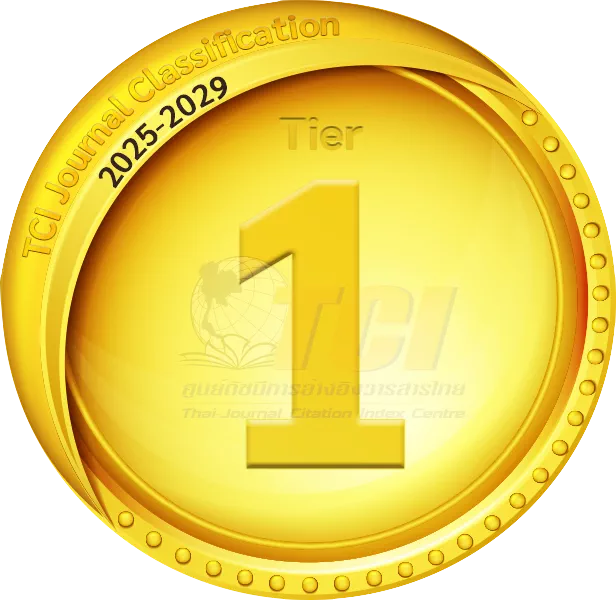The Relationship between Mathematics Self-efficacy and Mathematics Achievement of Mathayomsuksa Students in the English Program of St. Joseph Bangna School
Keywords:
Mathematics, Self-efficacy, Achievement, Mathayomsuksa students, English ProgramAbstract
The purpose of this study was to determine the levels of mathematics self-efficacy and mathematics achievement of mathayomsuksa students in the English program of St. Joseph Bangna School and the relationship between the two. The study focused on 198 mathayomsuksa 1 to 3 students of the English program enrolled in the academic year 2012-2013. The students sample answered mathematics self-efficacy questionnaires to rate their confidence in being able to solve math problems that they had already learned. The students’ test scores in mathematics in the final examination were the basis of mathematics achievement in this study. The researcher had the hypothesis that there exists a significant relationship between mathematics self-efficacy and mathematics achievement of mathayomsuksa students in the English program. Frequency, mean, standard deviation and Pearson Product Moment Correlation were used to analyze the data. The study’s findings were: 1) The levels of mathematics achievement of mathayomsuksa students based on the mathematics final test results were relatively high (excellent); 2) The levels of mathematics self-efficacy of mathayomsuksa students were high (complete confidence); and 3) There was a significant and positive relationship between mathematics self-efficacy and mathematics achievement of mathayomsuksa students, meaning students with higher self-efficacy had higher scores in mathematics achievement test. These results are consistent with previous researches showing a significant relationship between students’ self-efficacy and achievement.
Downloads
How to Cite
Issue
Section
License
The submitting author warrants that the submission is original and that she/he is the author of the submission together with the named co-authors; to the extend the submission incorporates text passages, figures, data, or other material from the work of others, the submitting author has obtained any necessary permission.
Articles in this journal are published under the Creative Commons Attribution License (CC-BY What does this mean?). This is to get more legal certainty about what readers can do with published articles, and thus a wider dissemination and archiving, which in turn makes publishing with this journal more valuable for you, the authors.



